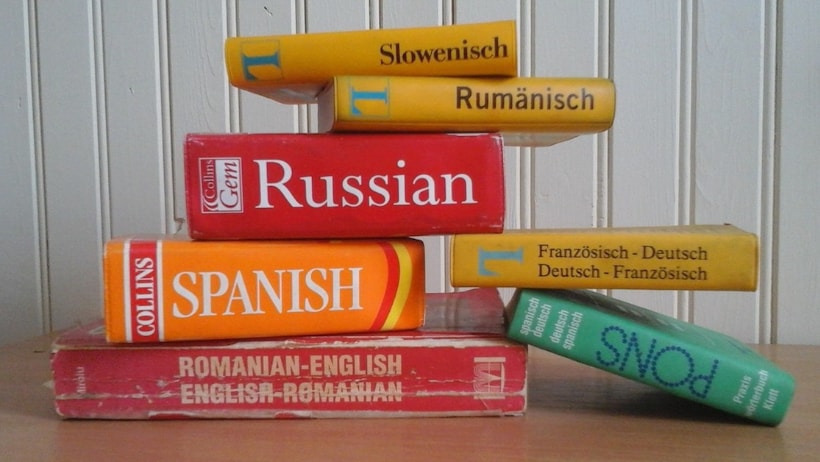One of the hardest parts for me about spending time in Israel is the way my brain works with foreign languages. I am easily able to understand Hebrew in written or oral form, but when it comes to actually speaking the language, sometimes I’m at a loss. I stumble over conjugation, I can’t access words I know I’ve learned, and I turn into a one or two-word answer girl.

Languages are just not my strong suit. I had the same trouble with Spanish in school. My teacher promised to pass me out of Spanish 4 as long as I promised not to take Spanish 5. Language – how we communicate with one another – is of the utmost importance in our world. It can be frustrating not to understand what someone is asking of you, not just person to person, but in a larger, global sense as well.
This week in our parshah, we enter into the final book of the Torah, D’varim (Deuteronomy). D’varim stresses the covenant between God and Israel and looks toward Israel’s future in a new land as they build a society that pursues justice and righteousness. The central theme of this section of text is monotheism, the belief in one God, and building a society around the laws we’ve been given during the course of the four previous books.
In chapter 1, verse 5 we learn: “On the other side of the Jordan, in the land of Moab, Moses undertook to expound this Teaching.” What was Moshe expounding? Hadn’t he been sharing the Torah all along the way? The Sfat Emet teaches that Moshe went on to interpret the Torah in many languages so that future generations of Jews in many lands would have access to it in terms that they could understand. The Torah is written in lashon kodesh, in Hebrew, as that is the “holy tongue,” but right here we learn that the most important piece is not the language in which it is written, but the language we use to understand it.
The Torah keenly picks up on the notion that we are better off when we engage with one another on and with terms and languages we share. Whether that means changing your wording and trying again with a toddler, or exercising a little more patience in conversation with someone who speaks a different language literally, culturally, or politically. We have a Torah imperative to understand one another, though it may not always be easy.



